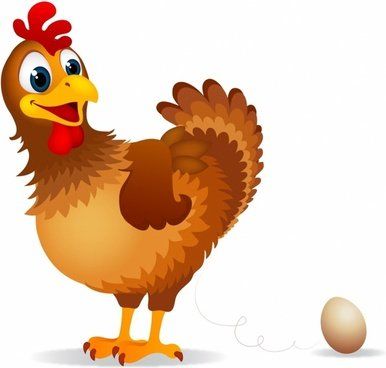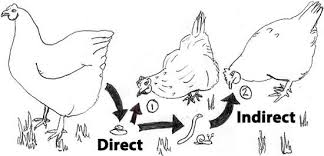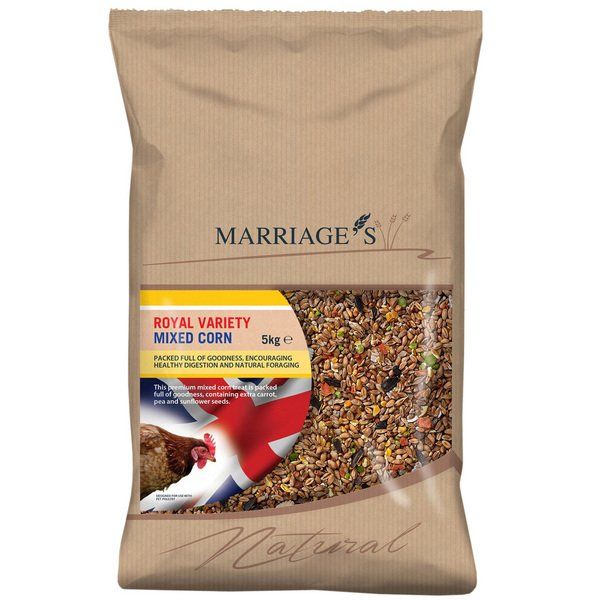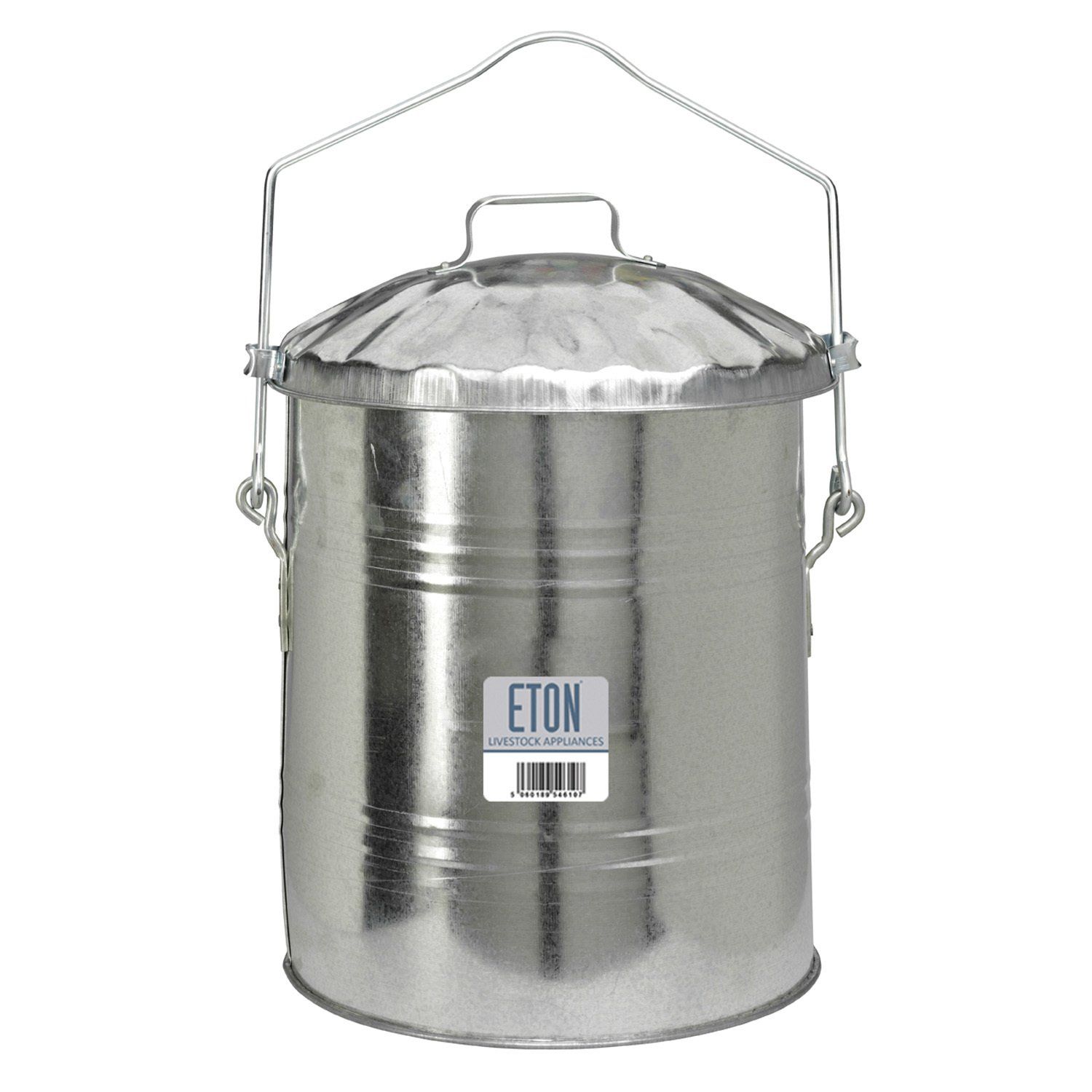Rats
Here we go again, it is that time of year again when those hungry rats start becoming more active around your hens.
There has been a marked increase in discussions on poultry forums about whether rats, foxes, badgers or stoats have broken into and attacked hens. While I have no forensic expertise, I do know that rats are like the rest of us, more hungry when the cold sets in and they can get themselves into spaces that the others can not.
They can nibble through all sorts of materials, which means that your feed bags need to be stored securely and any feed in the coop should be taken out over night.
When corn is fed in the afternoon, it is tempting to scatter it over the ground to give the hens something to do, but any feed that is not eaten is rich picking for the rat family.
We have two farm cats on site and two jack russell dogs which are both very helpful in the war against the rat, but they don't patrol inside the run.
Top tips:
- Be extra vigilant, check around your run and under feeders for any signs of rats
- Store feed securely
- Control the amount of feed in your run
- Don't let them win

The winter can be a tough time for hens, reduced daylight hours, muddy runs, getting over the winter moult. Egg production can take a nose dive in conditions like this, but SPRING is coming. Every day now is a step closer to more predictable weather (hopefully) longer daylight hours and less rain..... A bit of supplement in their diet is a good way to boost their health, especially at this time of year. We use either NET-TEX VITAMIN BOOST with SEAWEED or AGRIVITE POULTRY DRINK. Your hens may also need worming, check their poo daily, send off a sample using WESTGATE LABORATORIES WORM COUNT KIT or periodically worm your hens to keep them in their best condition

There seems to be two trains of thought when it comes to worming chickens. Treat your chickens for worms every three to four months using Flubenvet either as a premixed feed or a powder which is mixed into regular feed. Regularly check your hens with a worm count test kit which is sent to a lab, then decide if they need wormed. We recommend Marriage's - Farmyard Layers Pellets with Flubenvet. This is fed to your chickens as their only feed source over a seven day period. It is important to limit their access to other food sources so many owners keep their hens from free ranging during this time, the hens won't love you for not letting them out for a week, but it is worth it to maintain their health. We would also recommend Westgate's chicken worm count kit. The pack contains everything you need for taking a sample from your flock and sending to the lab including a voucher for the test and return postage. Suitable for testing of all avians including chickens, ducks, geese, pigeon, pheasants, quail etc. If taking a composite test from several birds please mix the samples in the large plastic bag provided before filling the sample container. Full instructions enclosed. Kit includes: a sample pot for the composite sample of birds an information leaflet a voucher for the laboratory processing of the test(s) a small supply of vinyl gloves a single pre-paid envelope to send the sample to the lab One composite sample can be taken from between 1-20 birds. More than that requires an additional test pack. Having recently qualified as an Avian SQP, I am now qualified to sell feed with Flubenvet in it, pending licensing approval for my premises. Keep an eye on our website for updates in the next few weeks. If you have any questions, fill out a comment below or use the contact form

I have been reading lots of posts on social media recently about how to care for chickens in winter. I am genuinely surprised about the amount of people who give corn as a main feed. I have always given my hens layers pellets as a staple food, this gives a completely healthy nutritionally balanced diet. During the winter months I do supplement this with some corn in the afternoon. I have found Marriages royal variety mixed corn to be very good. It is packed full of goodness, this feed is a treat that should be fed in the afternoon occasionally, once the birds have eaten the pellets or mash offered in the morning. It helps to provide warmth during the night. COMPOSITION: Wheat, Cut Maize, Barley, Poultry Grit, Red Dari, Cut Peas, Black Sunflower, Carrot Flakes and Rapeseed Oil. I also give my hens a bit of extra help with Agrivite Poultry drink which is a high energy mineral supplement and r ich in iron. It is especially recommended for any birds recovering from a mite infestation, also supports poultry during moulting and any birds not looking in the peak of health. It is very easy to use, just add to drinking water. Cleaning and maintenance is also very important, a good routine of disinfecting and ground sanitising is best. I personally use Vikron S which is a DEFRA approved disinfectant and either Agrisec or Net tex ground sanitiser.

